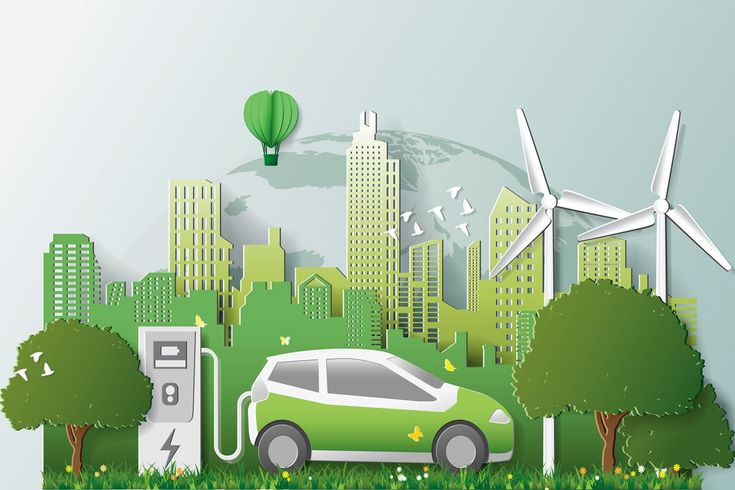With the world shifting toward greener transportation, Hybrid Electric Vehicles (HEVs) have become a vital part of the future automotive industry. As a result, the demand for professionals trained in this field is growing rapidly. If you’re considering taking a Hybrid Electric Vehicle course, you’re probably wondering—what are the job prospects like after completing it?
In this blog, we’ll explore the job opportunities, roles, industries, and future scope for those who complete a hybrid electric vehicle course.
Why Take a Hybrid Electric Vehicle Course?
A HEV course trains individuals in designing, developing, maintaining, and testing hybrid vehicles that use a combination of internal combustion engines and electric motors. These programs often cover:
-
Battery technology and energy storage systems
-
Electric motor design and control systems
-
Power electronics
-
Vehicle dynamics
-
Charging infrastructure and protocols
With global initiatives pushing for reduced emissions and clean energy usage, knowledge in this field is increasingly valuable.
Job Opportunities After an HEV Course
Graduates of HEV courses can explore roles across various sectors such as automotive design, energy systems, research and development, and more.
Common Job Roles:
-
Hybrid Vehicle Engineer
-
Design and develop HEV systems
-
Work on integration of electric and combustion systems
-
-
Battery Management System Engineer
-
Focus on battery performance, safety, and thermal management
-
-
Power Electronics Engineer
-
Design converters, inverters, and controllers for hybrid systems
-
-
Vehicle Testing and Validation Engineer
-
Conduct real-world performance testing of HEV systems
-
-
Control Systems Engineer
-
Develop control algorithms for optimal performance and efficiency
-
-
EV Service and Maintenance Technician
-
Perform diagnostics and repair on electric/hybrid vehicles
-
Industries That Hire HEV Professionals
-
Automotive Companies: Tata Motors, Mahindra Electric, Hyundai, Maruti Suzuki, Toyota, etc.
-
EV Startups: Ather Energy, Ola Electric, MG Motor, Ultraviolette Automotive
-
Battery Manufacturers: Exide, Amara Raja, Panasonic
-
Component Suppliers: Bosch, Continental, Valeo
-
Research Organizations: Automotive Research Association of India (ARAI), ISRO, DRDO
-
Government Projects & Public Sector: Ministry of Heavy Industries, NITI Aayog-sponsored EV initiatives
Salary Expectations
-
Entry-Level (0–2 years): ₹3 LPA – ₹6 LPA
-
Mid-Level (3–5 years): ₹6 LPA – ₹12 LPA
-
Experienced Professionals: ₹12 LPA and above (especially in R&D or leadership roles)
Note: Salaries vary depending on your educational background, experience, and the company.
Skills That Boost Employability
-
Proficiency in tools like MATLAB, Simulink, ANSYS, AutoCAD, and SolidWorks
-
Strong foundation in electrical and mechanical systems
-
Knowledge of IoT and embedded systems in automotive applications
-
Understanding of government policies related to EVs
-
Certifications from reputed institutes (like NPTEL, SAEINDIA, or OEMs)
Is the Job Market Growing?
Absolutely! According to various industry reports, India aims to have 30% EV adoption by 2030. Global EV investments are surging, and hybrid technology remains a critical transitional phase. This means companies are constantly hiring skilled professionals to innovate, maintain, and advance HEV technologies.
Final Thoughts
Taking a Hybrid Electric Vehicle course can open doors to a wide range of career opportunities in one of the most rapidly evolving industries. Whether you’re a mechanical, electrical, or electronics engineering graduate, or even a diploma holder, specialized training in HEV systems can position you for an exciting and impactful career.

